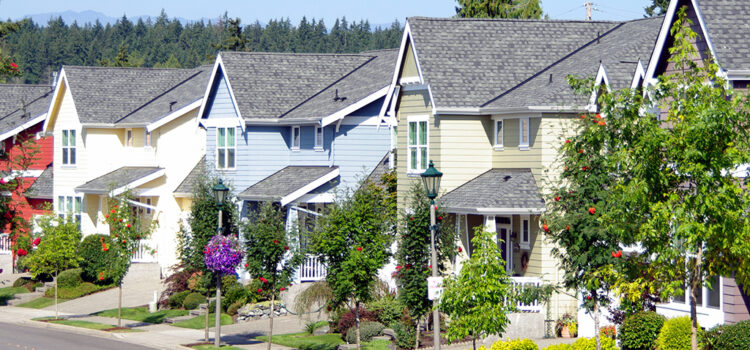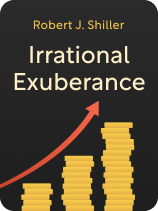
How has real estate speculation influenced the US housing market? What does it mean to form a speculative bubble?
Real estate speculation drove unparalleled growth in the US housing market from the late 1990s to the early 2000s, but since this growth was based on speculation, it was unsustainable. Learning how this happens can help you avoid getting investments caught in a speculative bubble.
Keep reading to discover how speculative bubbles have formed in the US housing market in the past.
Speculative Bubbles and the US Housing Market
Speculative bubbles aren’t restricted to the stock market. On the contrary, a speculative bubble drove unprecedented growth in the US housing market between the late 1990s and 2006, as shown by sharp increases in housing prices that aren’t explained by underlying economic factors. Let’s take a look at the real estate speculation that led to those sharp increases.
Between 1997 and 2006, inflation-adjusted home prices in the US increased 85%. Although this pales in comparison to the stock market’s increase leading up to 2000, it’s remarkable relative to long-term trends in the housing market— inflation-adjusted home prices in the US only increased an average of 0.3% annually between 1890 and 2014.
(Shortform note: According to experts, various cities worldwide are in the midst of housing bubbles that rival the US’s housing bubble in 2006. For example, Toronto has seen inflation-adjusted housing prices triple between 1998 and 2023, suggesting a housing bubble might be forming.)
Much like the stock market, if this rapid uptick in housing prices weren’t the product of speculation, we’d expect to find an alternate economic cause. But no such cause has been found. For example, one popular explanation is that the price increases were driven by rising populations. The US population has increased steadily since the 1890s, with no surge between 1997 and 2006, meaning population growth can’t be the cause of the housing market boom. Another common explanation is that rising construction costs were responsible for the housing boom, but inflation-adjusted construction costs have also remained consistent over the past century.
(Shortform note: Although rising populations and construction costs are two possible factors driving housing prices, experts caution that housing prices are sensitive to a wide range of additional factors. For instance, government policies that provide tax breaks to homeowners can increase demand and thus inadvertently increase housing prices. Demographic changes can also affect the housing market by, for example, creating an increased number of retirees seeking vacation homes in desirable locations.)
The lack of a strong alternate explanation can be taken as evidence that the housing market boom was driven by speculation. What’s more, this boom came crashing down after 2006, with inflation-adjusted housing prices in 2013 nearly equivalent to those in 1997.
(Shortform note: It’s possible that the US is currently in the midst of another housing bubble: Since reaching a low in 2012 and 2013, inflation-adjusted US housing prices were actually 7% higher at the start of 2023 than they were at their peak in 2006, according to Robert Shiller’s US National Home Price Index.)
What Keeps Housing Bubbles at Bay?
Despite the widespread speculation in housing markets, these markets have one inherent constraint on speculative pricing: Homeowners can always relocate to lower-cost areas if home prices become outlandish. For this reason, housing bubbles can’t sustain indefinite growth since many residents, at a certain point, will choose to relocate rather than purchase exorbitantly priced houses This consideration explains why housing markets in flashy, prestigious cities (such as New York City and Los Angeles) tend to rise sharply only to later crash and return to similar (inflation-adjusted) prices as before.
(Shortform note: Housing markets are also subject to a wide range of influences that can alter the pricing dynamics described here. For example, in the wake of the Covid-19 pandemic, housing prices dropped significantly in the largest US cities as workers instead worked remotely from more suburban areas. However, at the same time, housing prices in suburban areas shot up dramatically.)

———End of Preview———
Like what you just read? Read the rest of the world's best book summary and analysis of Robert J. Shiller's "Irrational Exuberance" at Shortform.
Here's what you'll find in our full Irrational Exuberance summary:
- That financial markets are rife with speculation
- The three key US financial markets where speculative bubbles have formed
- Recommendations to financial leaders and the public for mitigating bubbles






